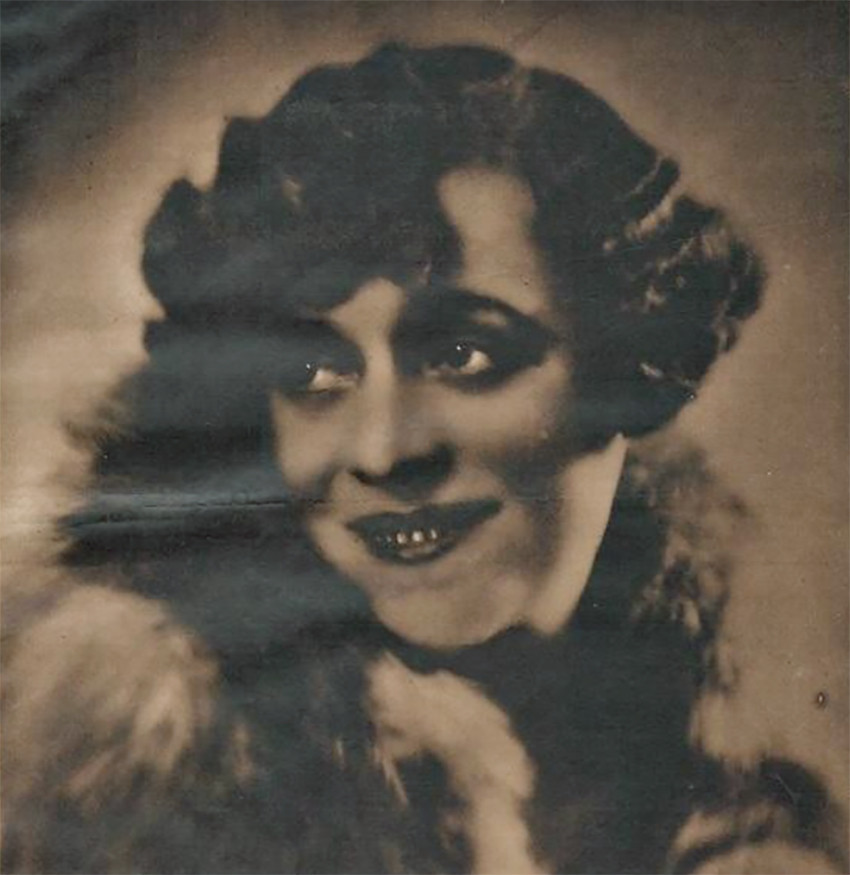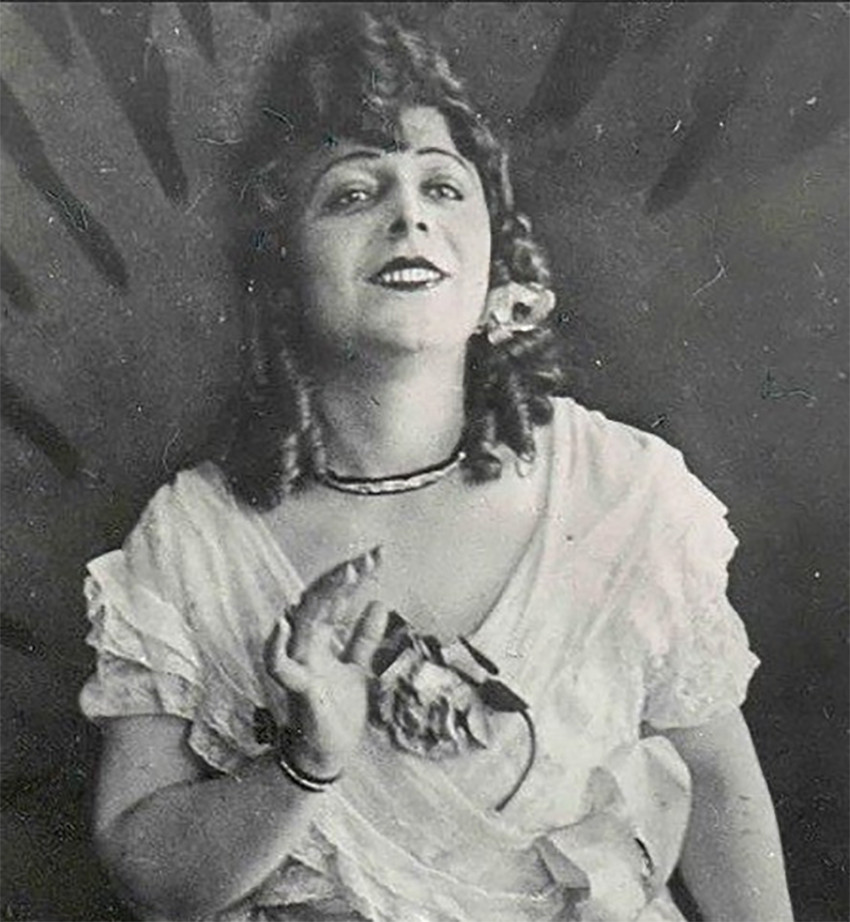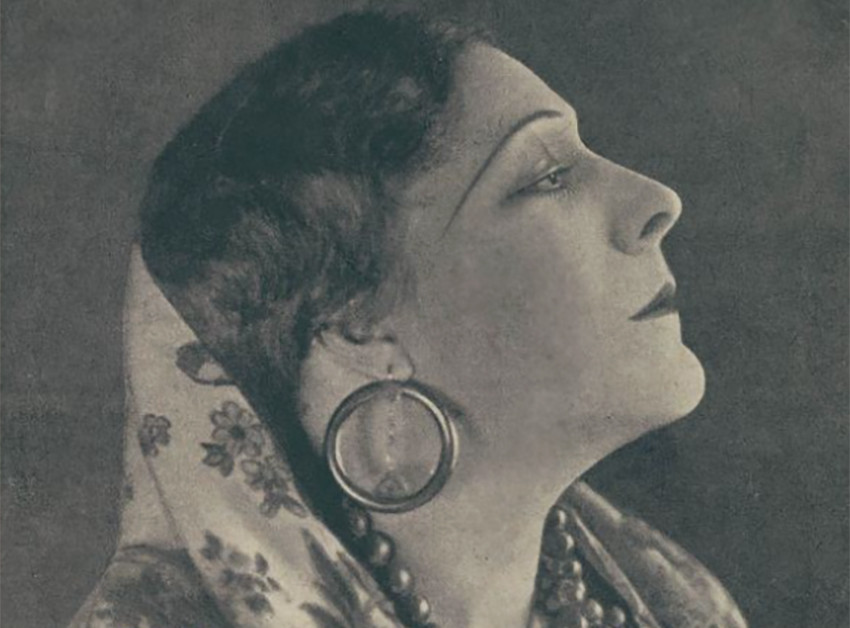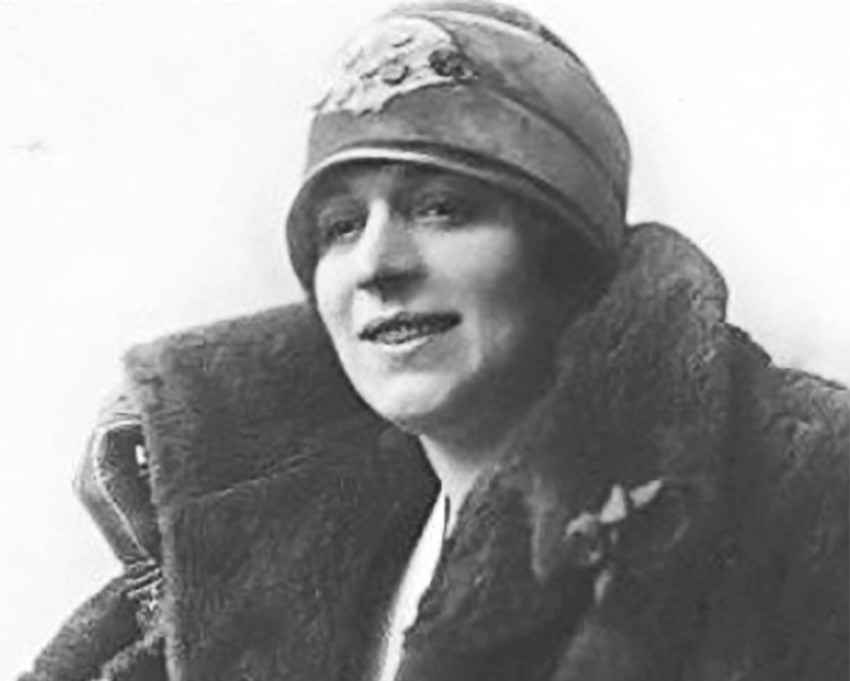



Iconographer and educator - these two words naturally come to mind when we seek to bring back from the depths of history an artist who began his artistic journey in the first years after Bulgaria's liberation from Ottoman rule in 1878. Milyo Marinov..
"Before I invented the "Trapeze of Death", I was known as Lazar Dobrich, that's the name they used on posters and programmes. The Señor of World Circus Art will always be remembered for the most risky act in the ring - the Trapeze of Death, with a..
In 1920, a young woman with a nine-month-old baby faced a difficult life choice – to stay in Sofia with her husband, to go to her parents in Edirne, or to choose her brother who had settled in Thessaloniki. After two months of..

+359 2 9336 661
